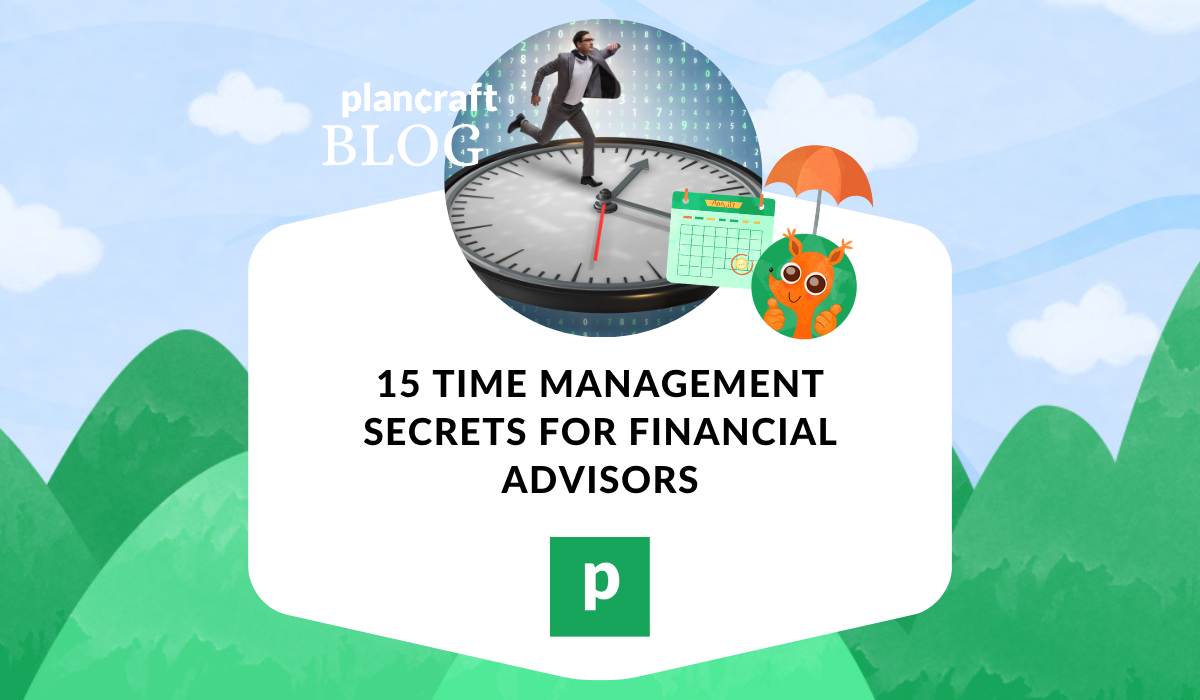Meriam-Webster, the dictionary people, added 535 words to their dictionary in April 2020 as a result of the global pandemic. Arguably, one of the most impactful of those for the financial planning profession is “social distancing”. This term means the demise of networking events, seminars, and coffee shop meetings where advisors have traditionally grown their businesses. To survive and thrive, firms had to change course and embrace online prospecting. Is it harder now to acquire clients, or has it actually gotten easier? The jury is still out for many who are learning to navigate this space.
Digital marketing today is no doubt a game-changer, but it’s not without its risks. We know this all too well at Planswell. We’ve learned a thing or two after spending over $15 million building software, testing thousands of ads and funnels, and converting a quarter of a million web visitors into financial planning prospects. It can be an expensive education, especially in the financial services industry.
The dilemma is not unique to the personal finance vertical, of course. Companies of every size and industry became more reliant on online sales during the pandemic. Who wouldn’t want access to billions of potential customers while the world’s population shelters in place? E-commerce saw massive growth in 2020, scaling to a high-water mark we weren’t projected to see for ten years. The abundance came with a significant downside: competition for clicks skyrocketed and digital ad prices soared.
For example, the search term “financial advisor near me” hovers upwards of $25 per click. No, $25 isn’t going to break your budget, but what you get for that price is a single click. There is no guarantee your $25 visitor will become a customer. Imagine a brick-and-mortar shop owner standing in front of their establishment paying $25 per person to one hundred passersby with the goal of enticing them to come inside. Now imagine just two of those pedestrians actually make a purchase. That’s a 2% conversion rate and it’s common in online advertising.
Through extensive A/B testing, you can improve your conversion rate to 10% with a well-oiled funnel. Your funnel is your user’s journey from discovery to conversion. That first click is just the beginning. Now you need to guide them, nurture them, and qualify them before you’ll see an ROI. This may take a digital retargeting campaign, an email drip, phone calls, etc. It takes a disciplined command of marketing data to develop a clear and consistent path to your cash register.
So how much do you need in the marketing budget to get started? A thousand dollars per month for the ad spend is reasonable. From there, it depends which tasks you’ll outsource. If you need a new website for your digital funnel, it will set you back a few grand on the low end. You can engage an agency to place your ads, but they’ll typically take 20% of your advertising budget for management fees. More often than not, reputable agencies require a minimum budget that simply isn’t feasible for smaller firms.
All things considered, the agency route is usually more cost efficient than hiring a full-time ads manager by the time you pay salary and benefits in addition to the ad spend. If you want to go this direction, look for a demonstrable track record of success in a candidate and certifications in the channels you’re focused on. At the specialist level, you’re looking at a $50k-70k per year salary range.
Can digital advertising be DIY’d? Absolutely. Platforms like Facebook and Google make it pretty simple to get up and running. In fact, they became titans by making it easy to give them money. Those who are equal parts creative and analytical actually find it thrilling to monitor campaigns throughout the day, A/B test new demographics and funnel strategies, design ad creatives, determine placement and bid strategies, and research keywords. Team Planswell falls into this group. We’re obsessed.
Some advisors tell us they enjoy the process but find it impossible to wear a digital marketing hat and an advisor hat at the same time. Phone calls need to get made, financial plans need to get built. When developing your online digital marketing strategy, remember time is your most finite resource.
------
Never miss an article from Planswell — subscribe here.






.png)

.png)
